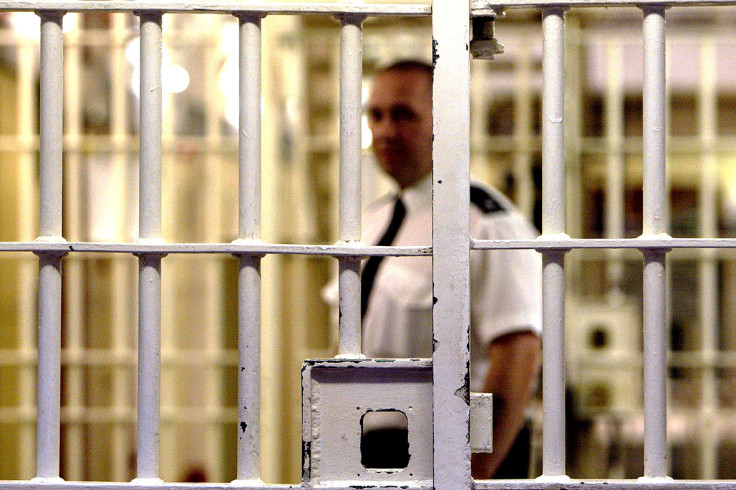Bankers Brace for Bonus Crackdown and Jail Time

UK bankers guilty of misconduct could have their bonuses clawed back up to seven years from the time these were awarded and could face hefty jail sentences in some cases, under new rules issued by the Bank of England.
There had been reports that the bonus return window would be some six years, but this has been extended to seven. The BoE had warned in March that clawbacks would be instantiated if banks had suffered big losses, accountable to reckless behaviour.
Bankers who have behaved in such a way, or are unable to show that they flagged up misbehaviour can now be forced to return awards paid in shares that may have been cashed in and spent.
However, this is still more lenient than proposals that the Parliamentary Commission on Banking Standards recommended in 2012, that urged lawmakers to allow bonuses to be deferred for 10 years.
In October 2013, the UK Treasury revealed that it was seeking up to seven years in prison for reckless bankers and an unlimited fine for misconduct under an amendment to new legislation that will govern the financial sector.
Many financial professionals have voiced support for tougher legislation and punishment.
According to a Kinetic Partners survey, support for criminal sanctions spans across the globe, with the strongest backing coming from the UK where 34% of respondents say that making executives criminally responsible for the actions of employees within their firms would be good for the industry.
However in the US, only 27% are in favour of criminal liability for executives, compared with 29% of those who are against stricter laws.
In one of Asia's largest financial centres, Hong Kong, respondents' were more evenly divided with 36% saying that it would harm the industry, compared with 35% who are in favour.
The British Bankers' Association said the rules will put UK banks at a disadvantage to their foreign competitors and could see top bankers leave the London for less onerous regimes abroad.
The new rules come on the heels of fines against Lloyds for fixing interest rates. The banking group became the seventh financial institution to settle with US and UK authorities over Libor fixing allegations. It follows in the footsteps of Barclays, UBS, the Royal Bank of Scotland, Rabobank and others.
Meanwhile, regulators across the globe are still investigation the raft of allegations that the world's biggest banks have sought to rig foreign exchange rates.
In tandem, banks are paying out billions of pounds in Britain alone for mis-selling payment protection insurance, credit card fraud insurance, and complex derivatives to the retail and small to medium enterprise market.
© Copyright IBTimes 2025. All rights reserved.






















